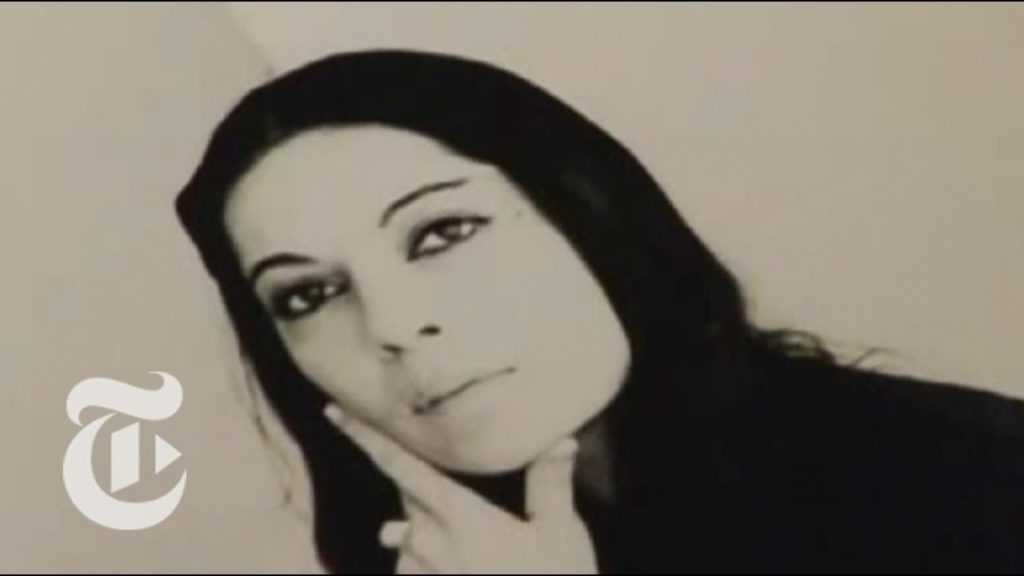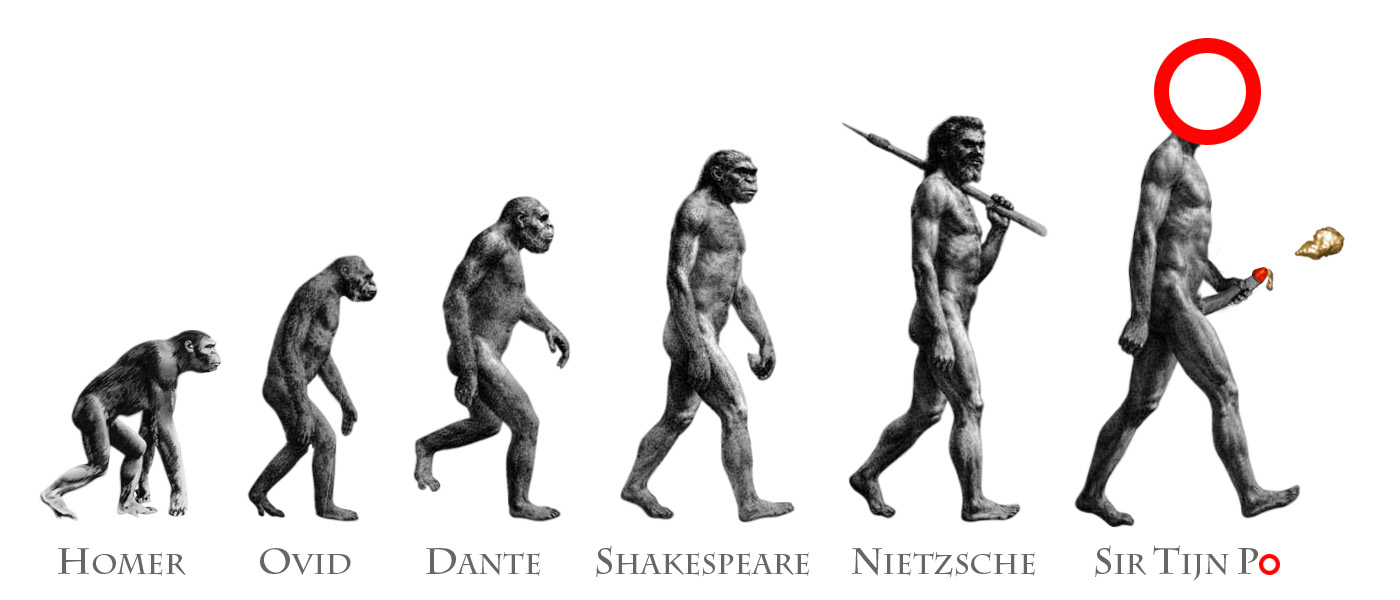
Q: What do werewolves and Bettina have in common?
A: Shocking metamorphoses that keep your senses sharp, your mind guessing, and your soul immune to the crippling certainties of habit.
But whereas werewolves abound with unpleasant side-effects, Bettina flowers into a glowing miracle of unexpected intelligence, beauty, romance, depth, poetry, love – and perhaps even a slight tinge of cougar-cub eroticism.
When I speak of Bettina I speak both of the artist as well as the eponymous film directed by the young Sam Basset, who also displays some beautiful, unexpected blossoms of his own, albeit not yet equipped with the life’s-worth-of-jewels flowing out of Bettina’s many nooks and crannies.
The beauty of shocks, psychadelics, magic (even when illusory), and the like, are their ability to imbue everything else around us with a sense of wonder just by turning them all into potential surprises. Once one toad turns out to be a prince, all other toads assume princely promise… Once one chemical introduces you to new worlds, all other chemicals assume other-worldly allure… And so it goes, magic luring us to exploration and experimentation…
(The dangers inherent in exploring all possibilities, or in assuming all appearances to be false, are obvious, and these dangers justifiably stunt the exploration process a bit; but even danger can’t completely dampen wonder, fantasy, magneticism, etc.)
Tragically, however, revelations don’t happen often enough and, thus, the magic soon wears off and we slowly slip back into mundane, ritualistic, dry cycles where continuity remains steady, shapes don’t shift, and misanthropic bag-ladies don’t blossom into geysers of genius and inspiration.
Our intelligence – when ‘functional’ – creates patterns on which we rely, and, when not kept in check, begin to coagulate into illusions of concrete. Some beings even start accepting their tastes, fetishes and beliefs as absolutes, or, worst case scenario, as being superior to their contemporaries’. That’s when it’s time for another shock – pleasant or unpleasant – to snap us out of these comatic certainties and reawaken our insecurity, curiosity, and, best case scenario, humility.
Bettina (the film) was one of the most powerful jolts I’ve received in years, and had I not been asked to write a few words about the film, I’d probably have just continued savoring the jolt rather than analyzing it. (Ever analyze an orgasm while experiencing it? It’s certainly possible. I’ve done it. But I wouldn’t recommended it. Better savor the sensation while it lasts, and then analyze the memory…)
Bettina (the artist) provides the jolt, and Sam’s film provides the condensation which successfully intensifies it. And, as if that weren’t enough, Sam sprinkles the film with some of his own poetic and romantic gestures, which not only serve as sweet treats in themselves, but are also genuinely inspiring on a philanthropic, humane level. SHELVES, SHELVES, SHELVES… Sometimes that’s all it takes to save, and help share, decades worth of BRILLIANCE, BRILLIANCE, BRILLIANCE…
(Timing and location are also important. New York, my favorite city thus far, has seemed pretty anally raped and castrated over the past few years. The ingenuity with which its mad citizenry used to overflow has seemed as gone and dead lately as the genius of Athens. Thanks to Bettina, however, which unexpectedly explodes into a display of uncompromising and defiant beauty, I’m now able to hope that all other New York magicians, poets and visionaries have also just been hibernating, out of site, and as the Fascist clouds eventually pass, and the corporate grime inevitably implodes, these beloved New Yorkers will slowly re-awaken and shine once again, as in the good old days…)
I am grateful to Bettina and Sam, not only for the beautiful surprises contained in the film, but for the sense of magic it has infused once again into the world around me. Even though the Atlantic now separates us, every person I pass here suddenly strikes me as a potential shock – whether pleasant or unpleasant… Not only is nothing as it seems, I am now distinctly aware of the fact… For the time being…
I thank both Bettina and Sam for the experience, as well as Hawk Alfredson & Mia Hanson for introducing me to it.
Sir Tijn Po (Nietzschean) – Prague, 34
P.S. An interesting irony in all this is the fact that Bettina, in some of her wisdom-sharing scenes with Sam, seems to believe in certain absolutes, hierarchies, and perhaps even in a god or two. She speaks of the notion of ‘being chosen’ which implies a superior ‘chooser’ (who, at the same time, is not too superior as to be indifferent about choosing). And she speaks of ‘truths’, etc. All of these notions are extremely alien to my brain’s processing patterns, since – to my mind – if nothing is as it seems, or better yet, if anything can be different than it seems, that must also include our own beliefs, convictions, and notions of a priori, which would seem to necessitate doubting our ability to grasp absolutes, if they do, indeed, exist… Nevertheless, her story, personality and amazing artwork all serve to reinforce my own sense of godlessness, absolutelessness, chooserlessness, etc. Ironic isn’t it?
*Written at the request of Bettina herself, the subject of the film and a truly impressive artist (also called by some, and convincingly so in my opinion, the most beautiful woman to ever live in the legendary Chelsea Hotel).

